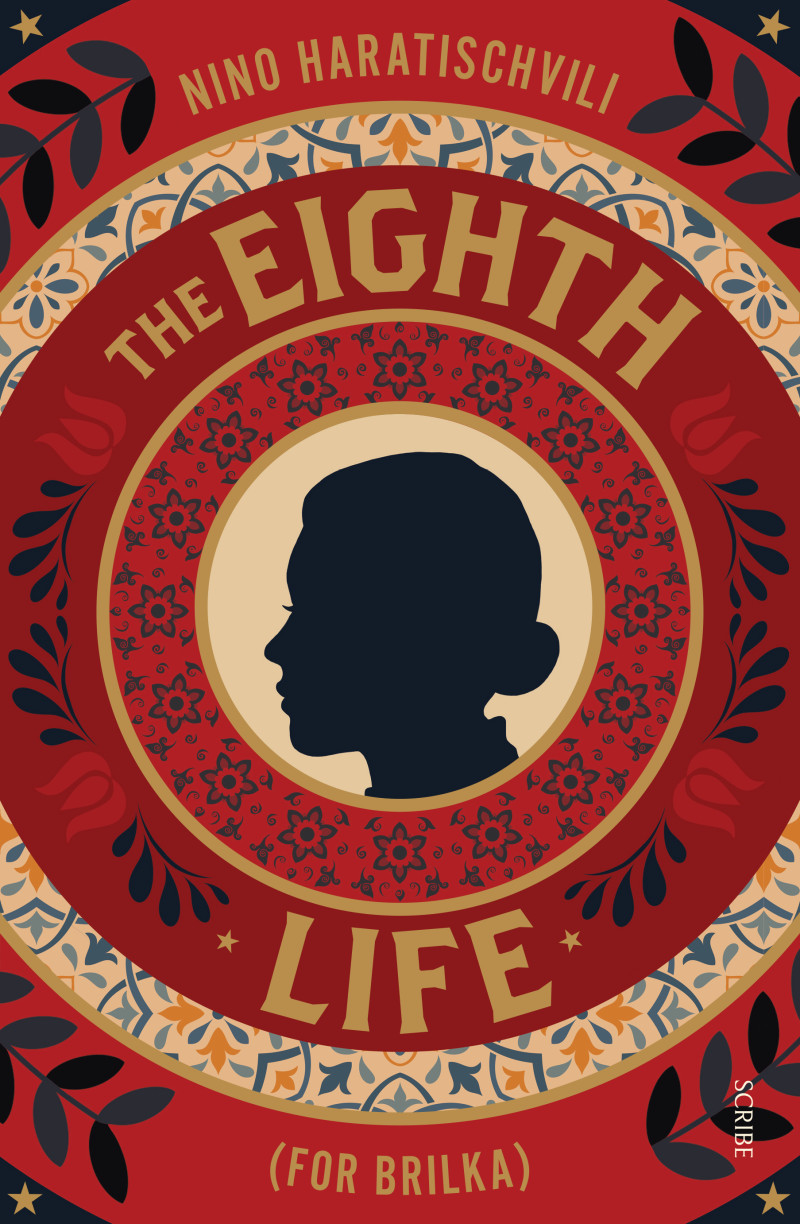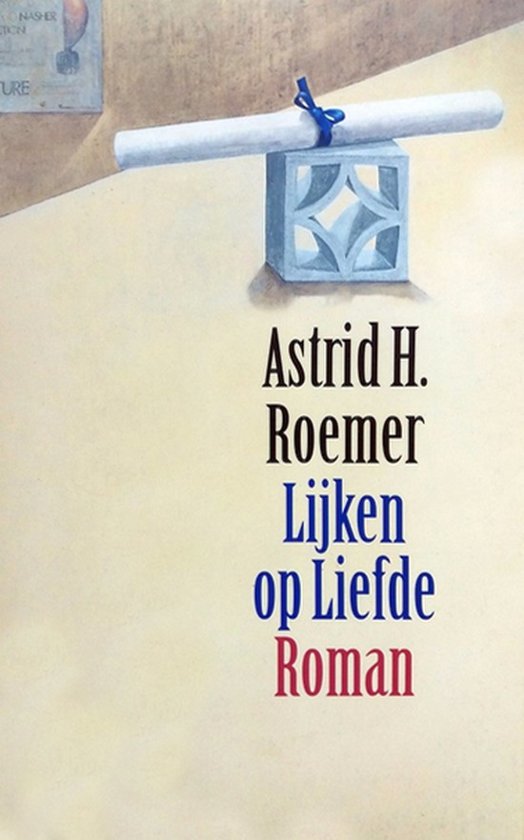Crowd-sourcing the canon
Since August 2014, Meytal Radzinski, a scientist and book blogger, has been leading Women in Translation Month (WITMonth), a movement to bring more attention to books by women who write in languages other than English.
This year, in addition to the usual ambitious mix of book reviews and statistical analysis of publishing data (good and bad), she added a crowd-sourced canon: 100 Best Books by Women in Translation (#100 Best WIT). She invited anyone and everyone on Twitter, Instagram, and beyond to each nominate 10 books by women writing in a language other than English, in any genre, whether the book had been translated into English or not. The final list was culled from nearly 800 unique nominations. I asked Meytal a few questions about the process.
What has surprised you most about the breadth of nominations for 100 Best WIT?
One of the coolest things has been seeing how specific some people get! A lot of the time it’s things like a translator promoting their own work, or a relative promoting a family member’s achievement, but sometimes it’s just “I love this specific random book, it’s so great!!!” and I’d never even heard of it. There ended up being so many books nominated that I knew off the bat would never make it onto the final list, but were clearly books that whoever was voting for them loved.
Back on August 10, in your blog post “Creating a new canon,” you observed that Oceania had been the only human-populated part of the world with no representation among the nominations. Any chance that changed since then? What should we read from Oceania?
There was no title from Oceania until the end, alas. I think part of the problem is that there’s very little literature translated from indigenous Australia/New Zealand writers (also little written, as far as I can tell). I’ve never read any books by women in translation from Oceania (I read a poetry collection that was bilingual translated into Māori…), but this great article published this month has Pacific titles. I hope to get a chance to read them next year!


What was the most popular book that has not yet been translated into English?
Well, there’s one that got a few votes that’s forthcoming (there are already galleys out, so I guess that’s technically already translated) — The Eighth Life by Nino Haratischwili. But otherwise, almost all of the untranslated works only got a single vote. From a brief perusal of the list, I also see that Astrid Roemer’s Lijken op liefde got a couple votes, it’s possible that there are more but it’ll take a while before I can dig that deeply into the list!
You mentioned in an interview that you would love the issue of women in translation to be discussed by everyone, not just translators. In a recent blog post, you lamented that the issue is “still within the outskirts of feminism,” and that perhaps the diverse list of 50 writers you curated in advance of this year’s WIT Month, which did not include any white European authors, would have gained more traction if you renamed it “50 WOC You Have to Read!” What do you think needs to happen to get more mainstream interest in the issue?
I think that there’s a problem in a lot of Western, particularly white Western feminist circles, to assume that diversity means one thing and that’s it’s a checkbox sort of thing, you just check your “diversity” box and that’s enough. There’s room for so much more, and I think that a lot more Anglo-American feminists need to stop and ask themselves why they’re able to recognize the importance of reading African literature when it comes from Nigeria and is originally written in English, but not when it comes from Senegal and is originally from French. But it’s honestly only going to happen if the major voices in Western, Anglo-American feminism speak out about it. People like Chimamanda Ngozi Adichie (who has been an extraordinary personal influence on this project) or Emma Watson or Roxane Gay or any big name feminist could make a world of difference if they addressed the imbalance and made an effort to put forward more works by women in translation from around the world. The momentum that’s building in the book blogging/vlogging/’gramming community is wonderful and maybe can do the trick, but I think at the end of the day having a mainstream voice actually recognize this issue is the best way to make sure that it sticks.
What has been the happiest outcome of 100 Best WIT?
People who say that they now have an expanded TBR! It sounds silly, but if this project can help readers find books that work for them… that’s just amazing. The happiest part of the project is always seeing someone who finds a new book that they love or learn from.